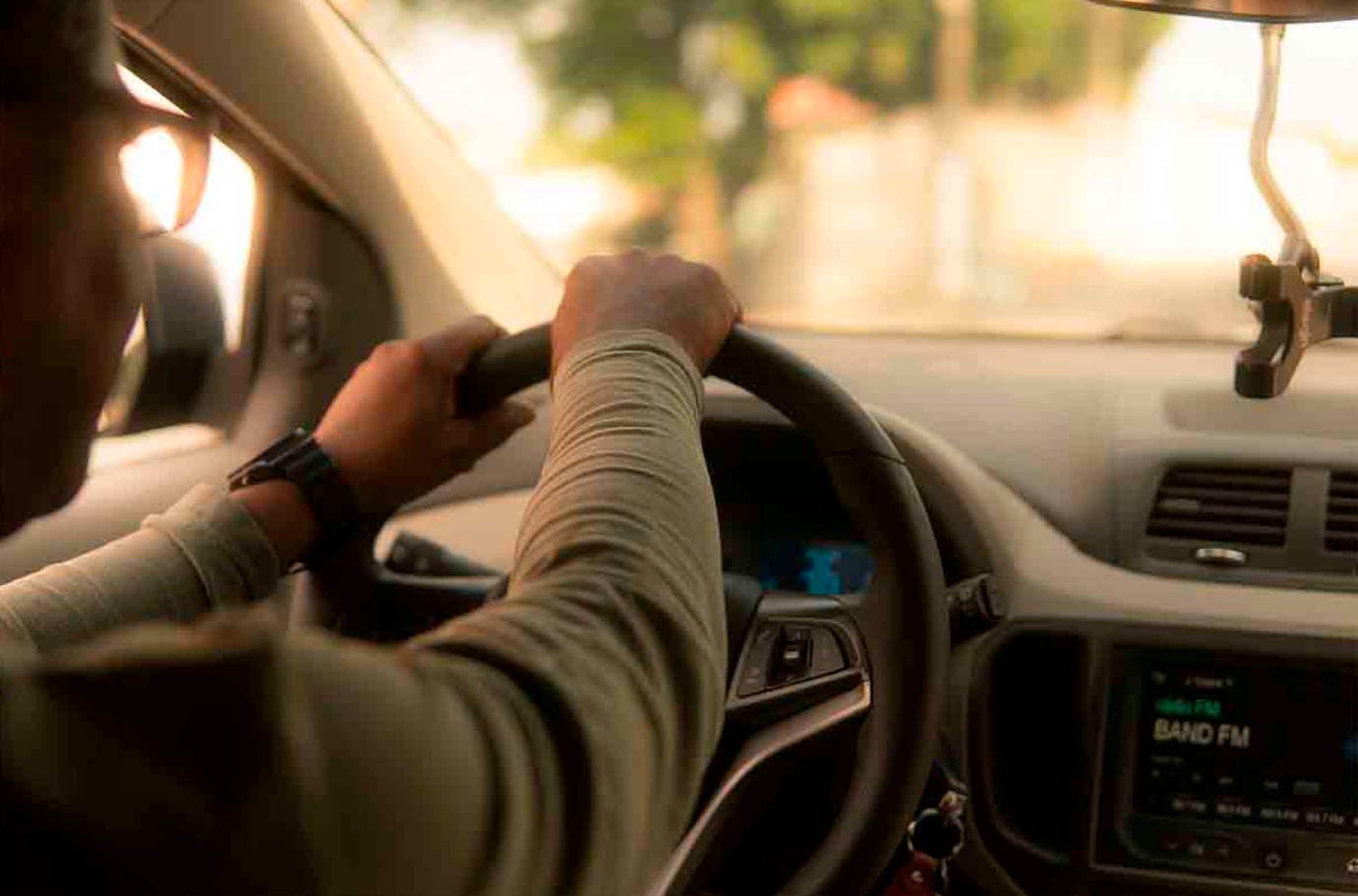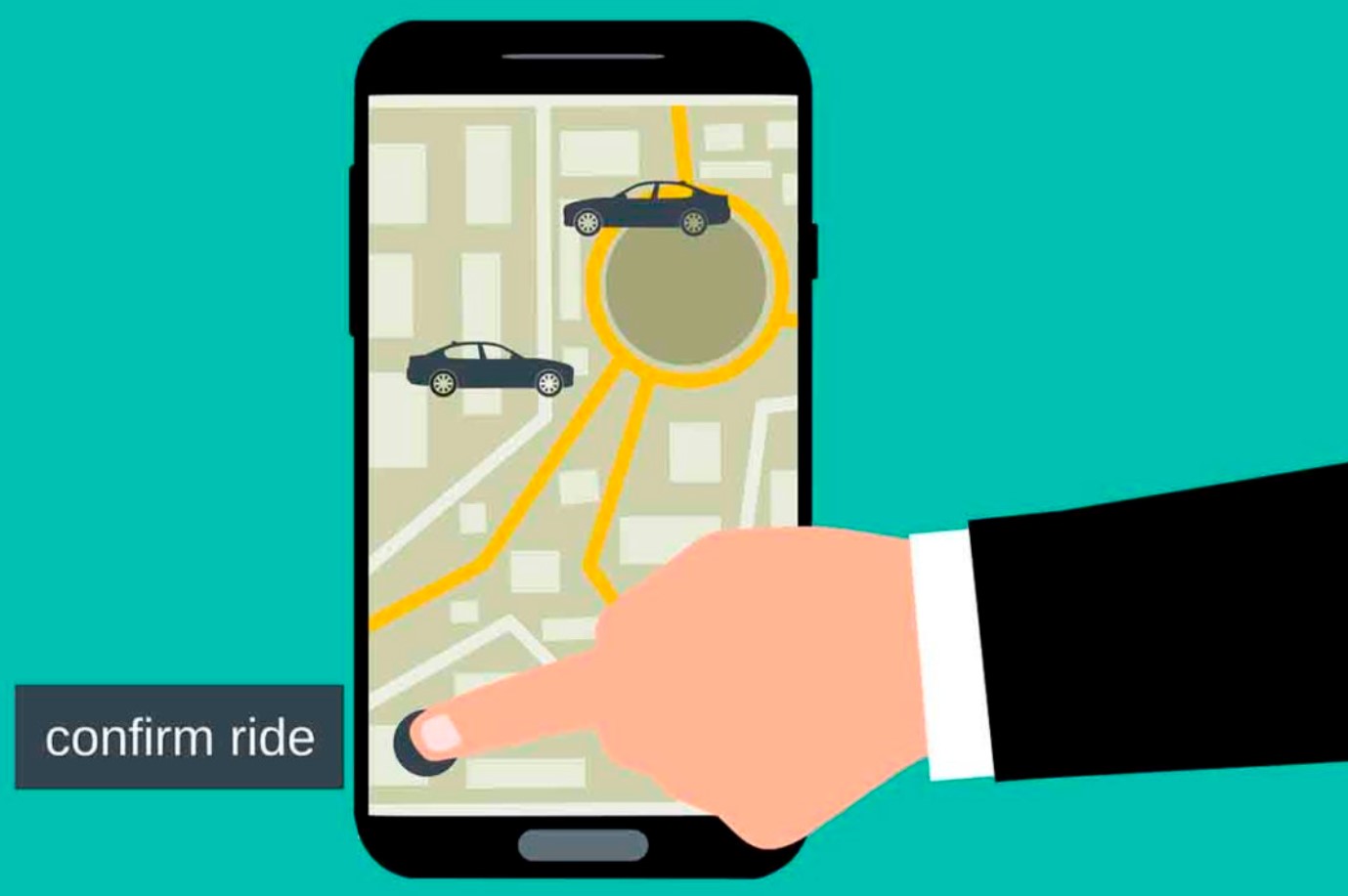
If something has revolutionized personal transportation, it has been the Uber and Cabify platforms. Many users have chosen these apps to request vehicles that will take them to the other part of the city. But between the two platforms, which one is better? Uber or Cabify? Pros and cons of each service.
UBER
The Uber platform was born in 2009. The first version of the platform, now known as the prototype or beta version, was developed by Garrett Camp, Oscar Salazar, and Conrad Whelan.
Uber currently has 93 million active users. It is available in 71 countries and 10,000 cities and has 3.5 million drivers worldwide. Every quarter 1.44 billion trips are produced through this platform.
PROS
- Exact location. Calling a vehicle exactly to go to the point where you are without having to enter the address is something that the Uber application does automatically.
- No cash payment. The email account with which you register is linked to a credit card. You can also pay with PayPal. So you do not have to pay with cash or carry loose money. Coins and bills do not change hands, so contact is avoided in these important times with the coronavirus pandemic.
- Latest model vehicles. Uber vehicles are new or nearly new. Something that gives a plus of security to the service and guarantees not having to travel in a car from years ago.
- Know the price of the journey without getting in the car. Another of the great advantages of Uber is knowing the trip’s price before even getting into the vehicle. So the user can see if it fits his budget.
- Travel by navigation software. Passengers put the destination where they want to go, and drivers follow the route as the navigation software indicates. This prevents the driver from entering unexpected streets. This way, drivers do not know the destination before accepting the route.
- Competitive price. Price is one of the main reasons for Uber’s success. That can be cheaper than a taxi or a trip in a private vehicle, but this is not always the case, although the prices are quite competitive with other types of transport.
- Simple and easy to use. Another reason for Uber’s success is that the app is intuitive and easy to use. Something essential for users to gain confidence and use it regularly.
- Cheaper on long journeys. Regarding the price of the Uber service, it works better on long journeys. That is, it is better economically, cheaper.
- Polite drivers. Uber ensures that the treatment of the drivers with the client is correct and the best possible. Most Uber drivers are polite and friendly. The user has the possibility when the trip ends to assess the driver. A driver with low qualifications will have to leave the company.
- Share the vehicle and reduce the cost. If you want to reduce a trip’s cost, Uber allows you to use Uber Pool. This means you can carpool and ride and save money.
- Schedule a trip. Another of the most interesting features of Uber is that you can schedule a trip for, for example, the next day and not have to go looking for the service at the last minute.
- Easily find anything you leave in the vehicle. This is an advantage over traditional taxis. By knowing all the information and the vehicle’s driver’s name, you can locate any object you leave easily.
- Promotion of the collaborative economy. The fact of operating between private companies and individuals also privately promotes the new collaborative economy model. Something that was also revealed with Airbnb.
- Clean vehicles. It is just as important that the safety car is clean and even more so with the current times regarding the coronavirus pandemic. Even the majority of Uber customers think that they are cleaner vehicles than those taxi drivers.
CONS
Unfair competition is the main complaint of the taxi drivers union. The low costs of the rates compete with those set by the taxi sector, which also has to pay for licenses, insurance, and other things that make the service more expensive.
- Lack of regulation and insurance. Being a recent service, it still does not have a specific State regulation or control. Also, unlike taxis, they are not required to have accident insurance.
- Cancellation cost. If the user makes a request for a vehicle and, for whatever reason, regrets having requested it, he will have to pay a cancellation fee. This does not happen in taxis.
- Ripped off by drivers. As in all sectors, some drivers try to trick customers by modifying the route that, in the end, turns out to be longer.
- Driver cancellations. Drivers can cancel trips immediately and leave the user without a vehicle, wasting time finding another to get around.
- More expensive on short journeys. Uber is more expensive to travel on short journeys within a city. The taxi is often more affordable for distances of less than two kilometers.
- Rising price. Uber does not have a fixed average price, so its prices can vary and go up. Prices are raised on the platform based on existing supply and demand.
- Drivers rights. Their drivers, as workers, do not have labor protection.
- Pre-contracting of the service. Being a VTC, the user cannot take this transport unless they have contracted it through the application. A vehicle cannot be stopped on the street as with taxis.
- Professionalism. There are no guarantees that the driver is professional in his work, as in theory, the taxi driver’s license does. Something that can cause passenger insecurity at certain times.
- The rate goes up if the travel time exceeds the estimate. Although the user can know in advance what his trip will cost, the rate can increase if the travel time exceeds that estimated by Uber.

CABIFY
In the case of Cabify, the app emerged in 2011, intending to add a new form of transportation in the city. The company is of Spanish origin but operates in countries worldwide, such as Chile, Colombia, Argentina, Peru, Brazil, Panama, the Dominican Republic, Uruguay, Mexico, and Ecuador.
Then you have to complete a small form, where it is important to fill in basic information such as name and surname, email, password, and telephone number. You must also enter the details of a bank card. The Cabify app can be downloaded from both the Play Store and the App Store.
PROS
- Practical. You can reserve your car easily and practically and see in real time where it is going until it reaches your location.
- Various types of vehicles. Cabify has several types of vehicles for travel, from the lite type, which is normal, to the more luxurious Executive and vans for groups.
- Static rate. In Cabify, you can also know the estimated cost of the service, and, unlike Uber, it is not subject to variables if the estimated time increases.
- Multiple forms of payment. In addition to the credit card, you can also pay with Paypal.
- Service extras. In their vehicles, you can find free water, candies, or magazines you can read during the journey. They also offer you a WIFI connection to surf the internet while you use this service.
- Speed. Most of the time, the arrival time of a vehicle to do service is less than five minutes, which provides a fast service.
- Multi-platform. Cabify can order a vehicle and access the service through a computer’s web browser, by phone, or through the application.
- Share your trip information. At Cabify, you can share your trip information with family and friends to feel safe, and your loved ones know where and where you are going. This can be done once you have requested the trip from the “share” button at the bottom of the screen.
- Locate a lost object. As you always know the name and the car that takes you in Cabify, it is easy to recover an object you left in the vehicle.
- You can book and schedule your trip. You don’t need to always ask for the service just when you are going to do it. You can book a trip at a fixed time and thus plan the journey.
- Evaluate the driver. Cabify also gives you the possibility to evaluate each driver after having made the trip. This way, you can assess the service so that other users and the company can consider it.

CONS
- Not recommended for short journeys. Like Uber, it is better to use this service for long journeys since the minimum price is 5.50 euros.
- Cancellation cost. You will be charged a cost if you cancel within an hour of the scheduled time and a while after requesting the vehicle.
- Unfair competition Regarding taxis, Cabify is also accused of unfair competition because their routes are cheaper, and they do not have to submit to their obligations.
- No shared rides. Unlike Uber, you cannot share rides to save money using the same route.
- Insecurity. The vehicle driver has no permit that endorses him as a qualified professional to drive a transport vehicle, which happens in the case of taxis.
- The most expensive short journeys. In VTCs such as Uber or Cabify, short journeys are more expensive than long ones.
- Lack of state control. As in the case of Uber, the recent irruption of these transport companies means that they still do not have state control and regulation.
- Service is reserved in advance. Another disadvantage is that no vehicle can be stopped on the street to start a service. Everything has to be requested in advance of the application.
- High-demand supplement. They can charge you a supplement in some time slots due to high demand. The only good thing is that they indicate it to you at the time of the order, so there are no surprises.
As you have seen, these two private transport companies share a lot of advantages and disadvantages. Although both services are very similar in terms of their benefits, Cabify takes more care of the details when treating the passenger. Also, while Uber has several services of all kinds, Cabify is more specialized in transportation. For this reason, it is difficult to opt for one or the other.

I am a writer with eight years of experience writing in business and technology. I always carry a passion for learning and discovering new knowledge.

